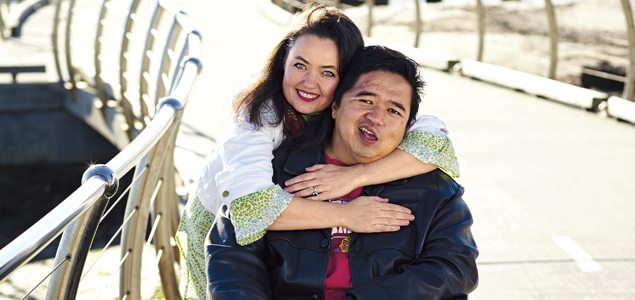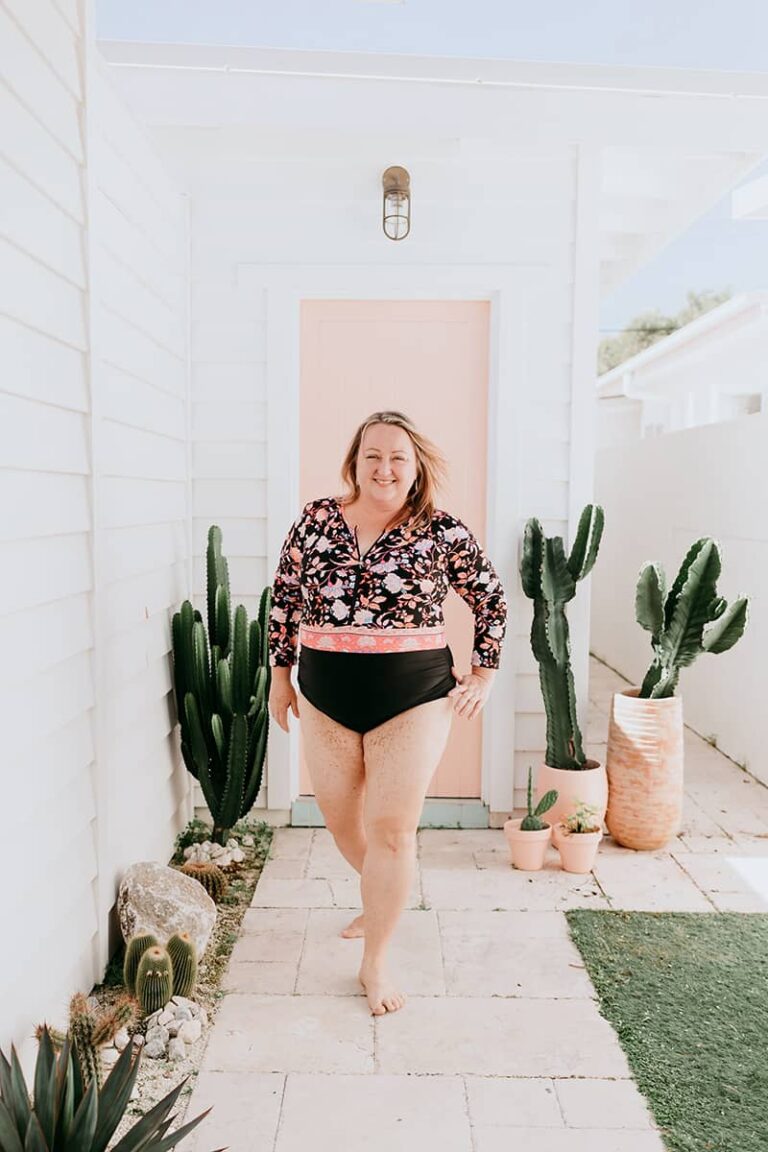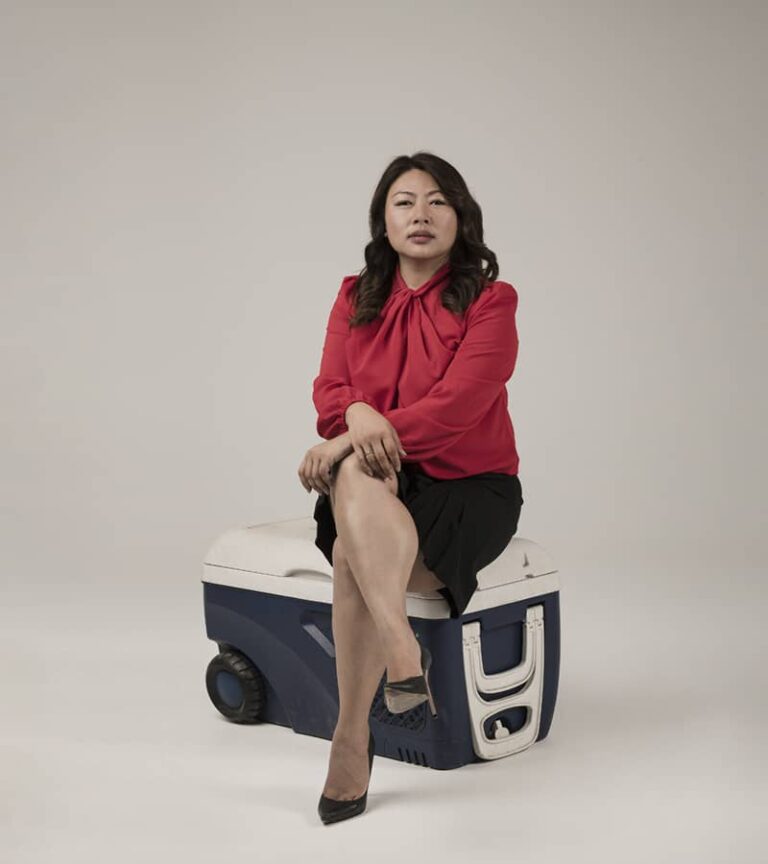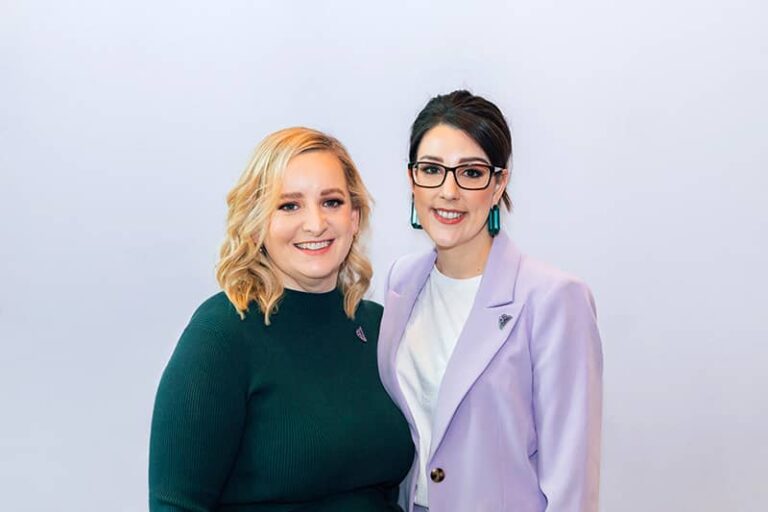It really was love at first sight for Ade and I. We met just over seven years ago. Ade always jokes that it started as a teacher-student liaison because I happened to be studying for a Diploma of Broadcasting and he was a film and TV producer doing some casual lecturing. On our first date Ade was the perfect gentleman and declared his honourable intentions straight away. He was not joking, we have been partners in life ever since.
Our first health shock came in 2006 when Ade suffered his first stroke. He recovered quickly, escaping paralysis or any lasting side effects. However, the experience really rattled our lives. It prompted Ade to stop smoking, lose weight and lower his blood pressure. Healthy lifestyle changes can easily fall to the wayside with the pressures of work; I am sure other people can relate to this. In 2007 we set up our own company, A2K Media, specialising in media collaborations with Asia. Making A2K Media a success was our number one priority in life. We worked long hours and travelled a lot. Life was out of balance and our health once again became a mere afterthought.
Like many people we didn’t realise that stroke has the potential to cause paralysis, loss of sight, speech and the ability to read. Or that it is a leading cause of disability in Australia.
We are now, from personal experience, fully aware of this harsh reality.
Stroke struck Ade again in July 2011. This time several doctors said that they did not expect my life-giving husband to survive. I feel truly blessed to know that I am writing this with Ade still by my side.
The next part of our partnership was tough. We spent seven months in hospital. During this time Ade had brain surgery and spent three weeks in an induced coma. I stayed by his side both day and night. I was really scared that Ade would pull out the tubes that were keeping him alive. The thought of this petrified me so I sat a chair right next to his bed and tied my wrist to his arm. This makeshift alarm worked perfectly. If I happened to fall asleep and he reached for the tubes I would wake immediately. I must have slept for a maximum of half an hour a night. I only went home to wash my clothes. I joined the hospital gym just so that I could go and have a shower. I am not quite sure how I made it through – I must have been running on adrenalin. Being Ade’s full-time carer has been hard, but it evolved naturally. We are in this together. I started aiding his recovery even when he was in hospital; I spent every moment I could with him and was responsible for his showers and toilet breaks. We now live in our own home and I support even his most basic daily tasks, like getting out of bed and eating. The stroke has meant that we rely on each other 24/7.
Every day we work on Ade’s rehabilitation. I am so proud that Ade is now learning to walk again with the use of his trusty four-point stick. We had a milestone recently when Ade was able to walk 100 metres with his stick and me close by. It was a wonderful moment for us both.
Physically, being a carer is demanding. I feel very fortunate that I am fit and strong. I am really not quite sure how older people do it. I have lost 20 kilograms without even trying for the first time in my life. But it’s not just the physical pressures that are demanding; like many stroke survivors and carers, it’s the financial challenges caused by stroke that really impact one’s life.
Ade, my dear husband, has gone through so much pain and I am amazed that he carries such a fantastic attitude. He meditates daily, which I am sure has been fantastic for his wellbeing and blood pressure (I now take his blood pressure every day).
I am so grateful that Ade and I have such a solid and loving relationship and have so much respect and admiration for each other. We know that many stroke survivors and caregivers are not so lucky. The reality is that many relationships fall apart with the stresses that are caused by stroke. We make a concerted effort to stay positive, count all our blessings and acknowledge that it’s okay to be sad sometimes.
Ade is currently writing a book to help other stroke survivors and with true Ade humour, it has a working title: The Little Book of Hope – A practical Toolbox for Stroke Survivors, Care Givers and anyone else going through a really shit time.
Ade is truly an inspiration and my hero. Since the day we met I have continued to learn so much from him. I am especially in awe of the way he has dealt with this challenging time in our lives.
In 2012 about 50,000 Australians suffered new and recurrent strokes. There were also an estimated 420,000 people living with the effects of stroke (this number is expected to rise to 709,000 in 2032). 65 per cent of people living with stroke also suffer a disability that impedes their ability to carry out daily activities unassisted.
What is a stroke?
A stroke happens when the blood supply to the brain is interrupted. A stroke can happen in two ways: Either there is a blood clot or plaque that blocks a blood vessel, or a blood vessel in the brain breaks or ruptures. Brain cells can quickly die without the oxygen that the blood supplies. This is why it is so important to get to hospital immediately at any sign of a stroke.
The FAST test is an easy way to recognise and remember the signs of stroke. Using the FAST test involves asking these simple questions:
• Face Check their face. Has their mouth drooped?
• Arms Can they lift both arms?
• Speech Is their speech slurred? Do they understand you?
• Time is critical. If you see any of these signs, call 000 straight away.
Because the brain controls everything we do – the way we think, move, speak, eat – stroke can leave people with a wide range of physical and cognitive changes and disabilities.
A stroke can happen to anyone – it does not discriminate.
During National Stroke Week September 9-15, learn how to prevent stroke by visiting the National Stroke Foundation website: strokefoundation.com.au







